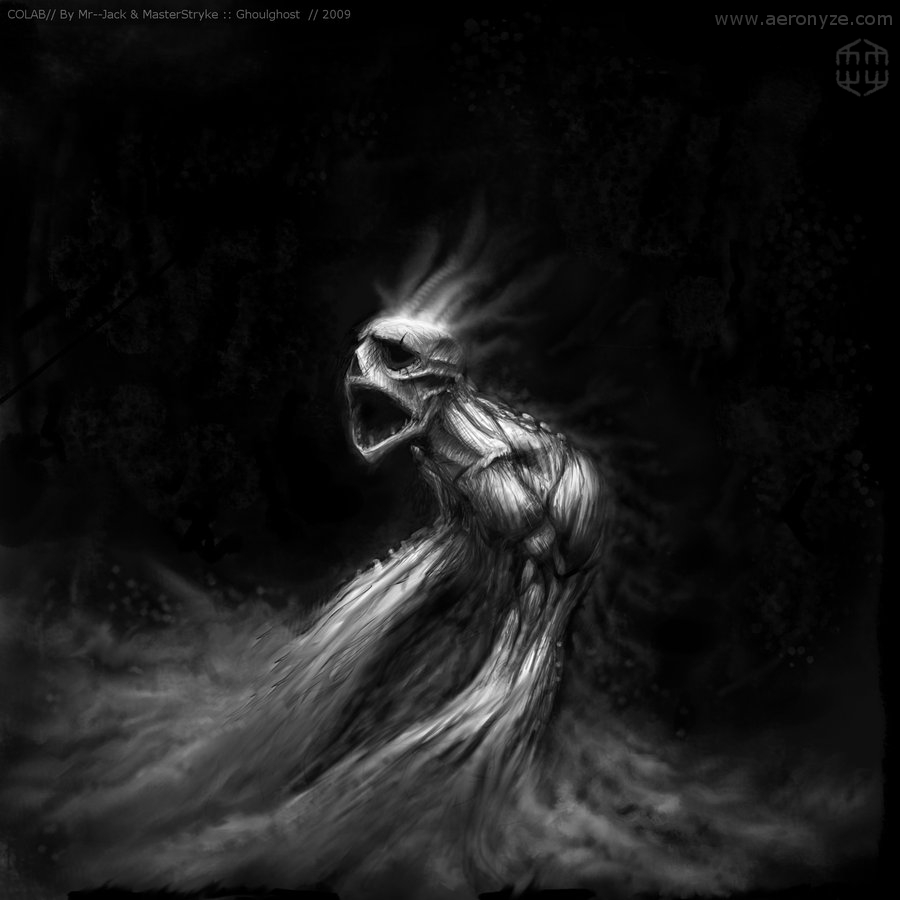
The CIA’s “Ghost” Army is De-Stabilizing Afghanistan
Reading time: (Number of words: )
Scattered throughout Afghanistan are secret CIA militias that may be functioning as death squads. Reports of their activities have surfaced for years in eastern Afghanistan, especially in Khost Province, but they have also been reported in Spin Boldak, Kandahar and the latest in Maidan Wardak Province, where residents are rising up in protest. For the past month newspapers around the world have been filled with headlines about villagers and students disappearing and being killed in Maidan Wardak by CIA and Special Forces personnel and their allies. The reports have blackened America’s image. The stories are disturbingly similar. Villagers are seized in their homes at night and are never heard from again. Bodies are dumped in the countryside with signs of torture. The Taliban are ousted from areas only to have the vacuum filled by criminal gangs with ties to the CIA. The idea seems to replace one terror group with another, as long as the second group pledges loyalty to the United States. This is what U.S. security agencies call “counter-terrorism.” The flaws in the program are:
1. These local warlords are committing war crimes;
2. Support for such terrorists conflicts with fundamental American values; and
3. The fear and violence they generate are fueling anti-Americanism and aiding Taliban recruitment.
Over the long term, security has worsened in every area that these private militias have operated. There is nothing positive that can be said of these militias.
The ghost army program is but one facet of a dysfunctional U.S. Country Team strategy in which no one is in overall charge of American efforts in a conflict country. Each of the team members, (military, diplomatic, intelligence, foreign aid, public information) has its own agenda and programs. There is no overall strategy, but simply conflicting tactics. The primary tactic seems to be the same one which failed in Iraq. The idea is to use special units to kill as many people (guilty and innocent) as possible, arrest as many people as possible and make life so miserable for the balance of the population that it will (out of exhaustion) choose peace. That tactic had a short life in Iraq. It was just long enough for the U.S. to retreat in peace. That same tactic is not even achieving a short life in Afghanistan.
The American Civil Liberties Union recently obtained 800 pages of secret documents about human rights abuses in Iraq. The documents revealed official U.S. Government support for “ghost detainees” in Iraq. These were Iraqi citizens who simply disappeared into black prisons. The records revealed that the majority of U.S. military detainees were either innocent or were “of no intelligence value,” They were not released due to what is described as “releasaphobia.” No one in the U.S. military wanted to authorize the release of anyone who possibly might have ties to the insurgents. As a result the prison population simply kept expanding. The same trend is evident in Afghanistan.
General Ricardo Sanchez, commander of U.S. forces in Iraq, encouraged this abuse. He is quoted in official documents as stating, “Why are we detaining these people, we should be killing them.”
Major General Walter Wojdakowski was quoted as stating, “I don’t care if we’re holding 15,000 innocent civilians! We’re winning the war.”
The reality is that the United States was not winning. A small number of Americans were using tactics brutal enough to achieve a temporary lull in the fighting, while creating large numbers of new enemies among the family, friends and tribal members of those that were being killed or abused. The same long-term impact is being seen in Afghanistan.
In the United States there is a growing revisionist history being preached about the Afghan War. Foreign Policy Magazine blames Barack Obama for ignoring Hillary Clinton, even though she never articulated a credible plan for Afghanistan. The Wall Street Journal blames the looming failure in Afghanistan on a “lack of resources.” The premise being that more money and more troops would have resulted in victory in Afghanistan. That is also absurd. More resources would have only caused more killing, more arbitrary arrests, more corruption and more warlords.
For the American side, perhaps 99% of those who served did so with honor and courage; but their efforts are being steadily eroded by the abuses of a few. Those abuses continue due to the cowardice and apathy of a lackluster and dishonorable corps of senior officers, civilian officials and members of Congress. The tragedy is that the history of the Afghanistan war is being framed by photos and tales of secret arrests, black prison, torture and needless killings, all carried out by a tiny fraction of in-country Americans. Unless this changes, the American withdrawal from Afghanistan may be greeted with the same response as Iraqis had, which is, “good riddance.”
The epitaph for the American effort in Afghanistan may wind up being:
Never have so few, by their dishonorable and mindless conduct, tarnished the bravery and sacrifice of so many.
An alternative epitaph (that Americans do not want to hear) may be:
While the U.S. may believe that its war in Afghanistan will be over in 2014, the Afghan war against America may be just beginning. The CIA will be leaving behind millions of new adversaries it helped to create.

Poems for the Hazara
The Anthology of 125 Internationally Recognized Poets From 68 Countries Dedicated to the Hazara
Order Now










Forum posts
17 May 2013, 09:48, by d3center
The ghost army program is but one facet of a dysfunctional U.S. Country Team strategy in which no one is in overall charge of American efforts in a conflict country. Each of the team members
View online : http://www.mmohome.com/
3 June 2013, 19:01, by Afghan
Hopefully our people start to realize that we are surrounded by enemies who want to harm us and start working with each other towards a peaceful and stable Afghanistan.
View online : http://afghan-defence.com